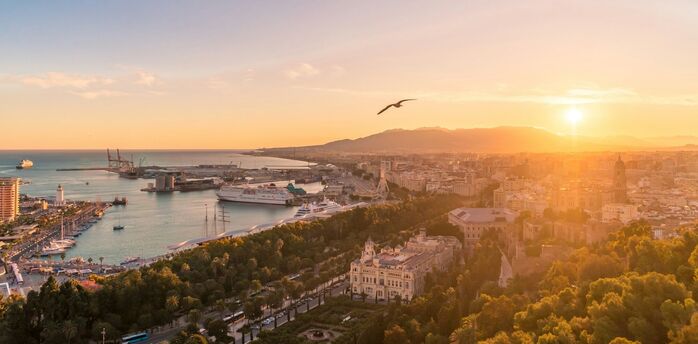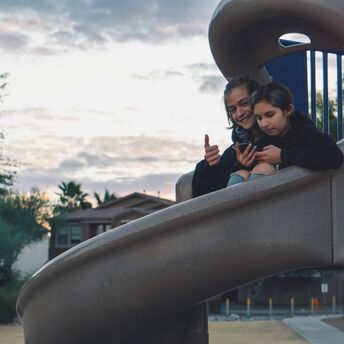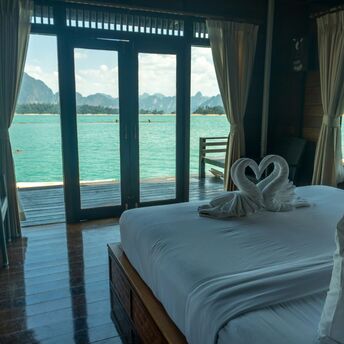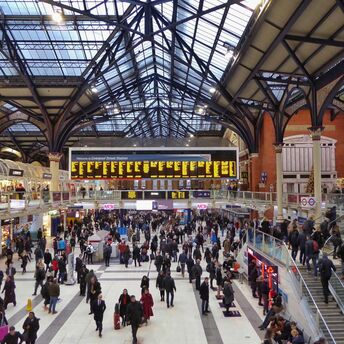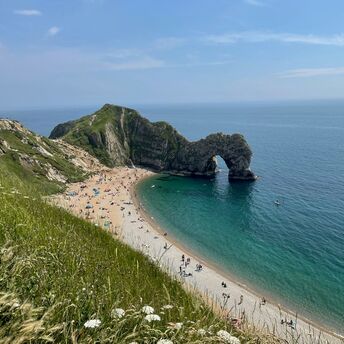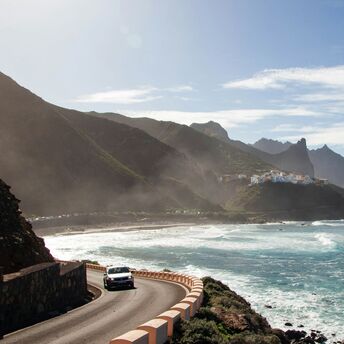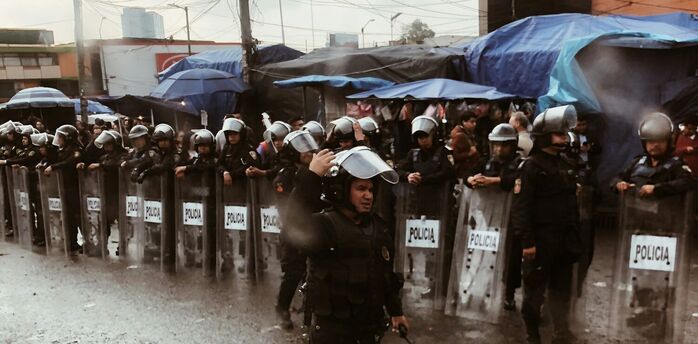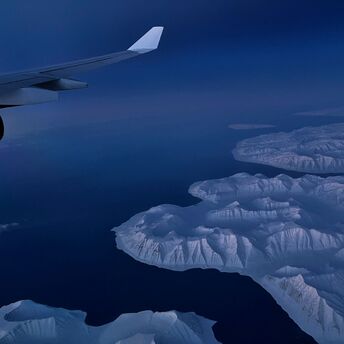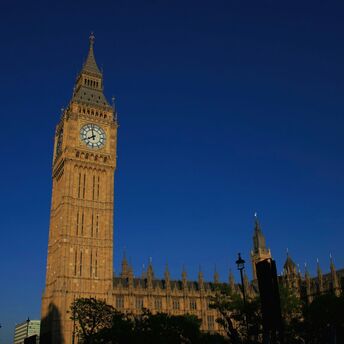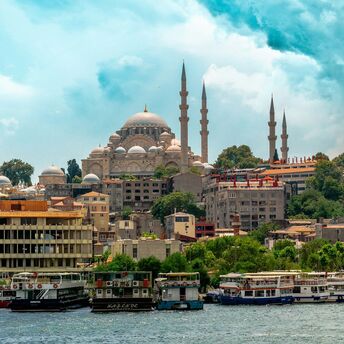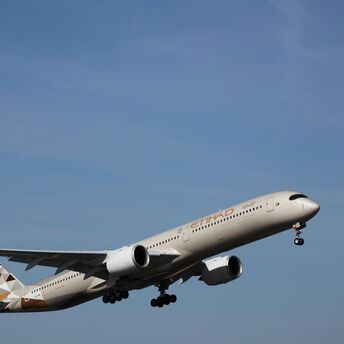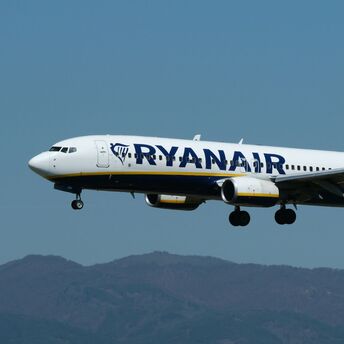Tips for responsible travel to Maui
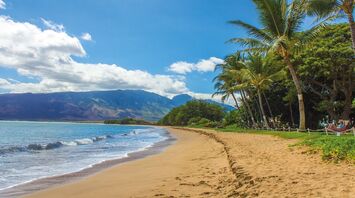
The August 2023 wildfire that engulfed Lahaina and parts of the Maui outskirts was the worst natural disaster in Hawaii's history and is among the 10 deadliest wildfires on record. For the first few weeks, government officials and relief workers asked travelers to stay away to allow first responders and locals to utilize aircraft and resources.
However, now, instead of asking travelers to stay away, Maui's lawmakers, businesses, tourism industry representatives, and the vast majority of locals are ready to welcome visitors again. In fact, Hawaii's second largest and most visited island needs tourists to return. This was reported by travelandleisure.com.
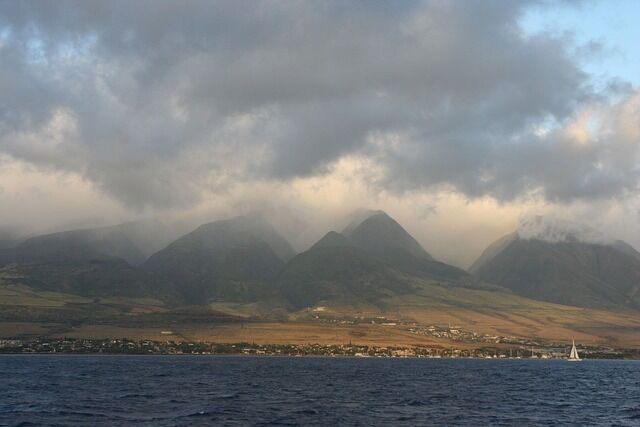
Not only does tourism revenue keep businesses afloat and employ people, it also funds the maintenance of roads, schools, and public gathering places.
Here are nine ways to help Maui - and Hawaii - raise those sails as it continues to recover.
Tourism officials recommend that travelers take some time to lend a helping hand in ways that match their abilities and values. If you're a talented gardener, roll up your sleeves and plant new native trees, shrubs or flowers with the Coral Reef Alliance. Love to cook? Spend a day turning ingredients into hot meals for first responders with Hua Momona Farms or help sort food donations with a group like Feed My Sheep. If you miss your pets every time you start packing your bags, share that love by spending a few hours helping out at an animal organization like Leilani Farm Sanctuary.
Stay in local hotels
Immerse yourself in unforgettable pieces of history while living in the midst of it. For example, at Four Seasons Resort Maui at Wailea, which has just been recognized as one of Hawaii's favorite resorts in 2023, guests can sign up for A Wayfinder's Journey. All guests staying at the hotel can take part in free lei making lessons, canoe excursions with outriggers, palm leaf weaving, and stroll through local artist fairs. Until December 15, guests can also donate up to $200 for each night of their stay to go directly to the Maui Strong Fund.
Book excursions
Helicopter rides, zip lining, luxury spa treatments, brewery or winery tastings, cocktail or cooking lessons, and farm tours. While it may seem silly to learn how to master mai tai across the island from where the fire happened, every dollar that goes back into business helps move the needle to support the economy and staff of these establishments.
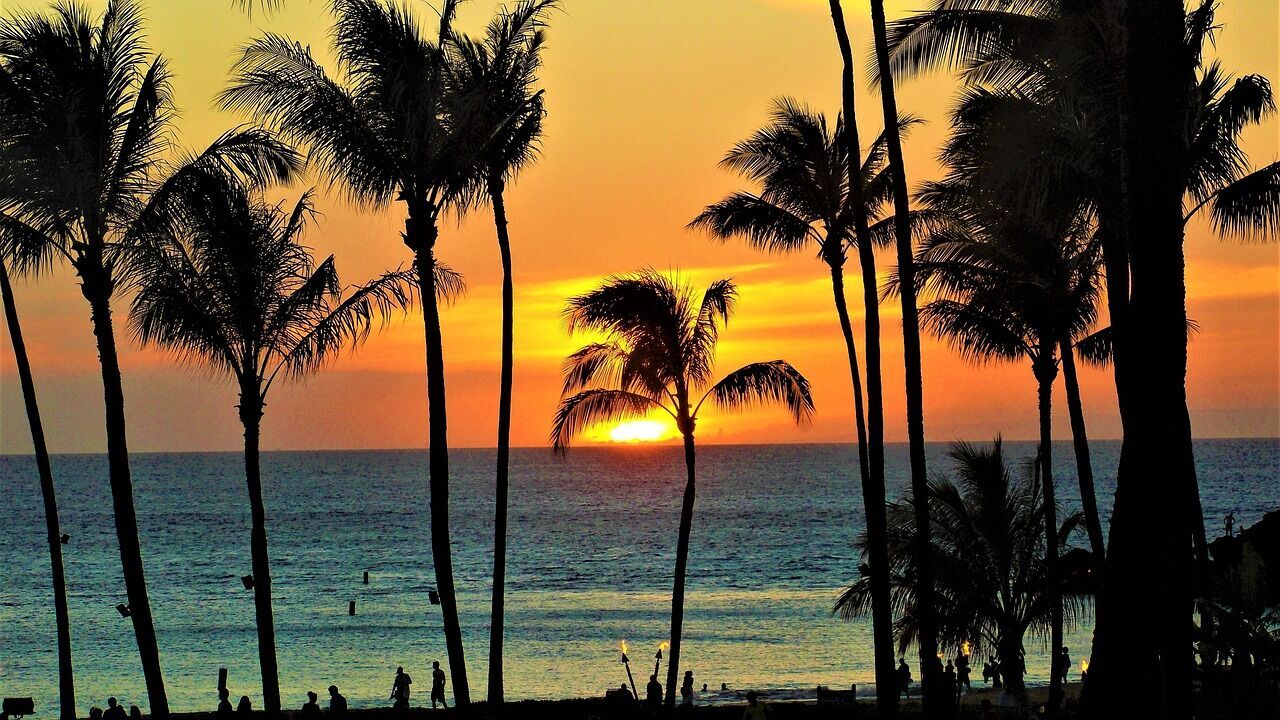
Leave a generous tip
When summarizing your experience, meal, or stay, don't forget to tip the staff. Many people in the tourism industry rely heavily on tips. Even small drops in the number of guests can have a significant impact on their income.
Some establishments also offer a box for bonus donations on receipts to make it easy for visitors to contribute to a collective fund that is distributed among all employees.
Be patient, compassionate, and open-minded
As companies continue to rebuild and people continue to process what happened, know that it won't always be "business as usual." Some establishments will reduce hours or days of operation because they don't have enough visitors to justify opening or staff available to support guests.
If locals talk about the fire, listen
"Were you affected by the fire?" "How is the recovery going?" Questions like these can be asked with the intention of being supportive, but many survivors are not ready to share their experiences with others, especially those who don't call Maui home. Don't push the topic, if the locals start talking, listen and express your sympathy.
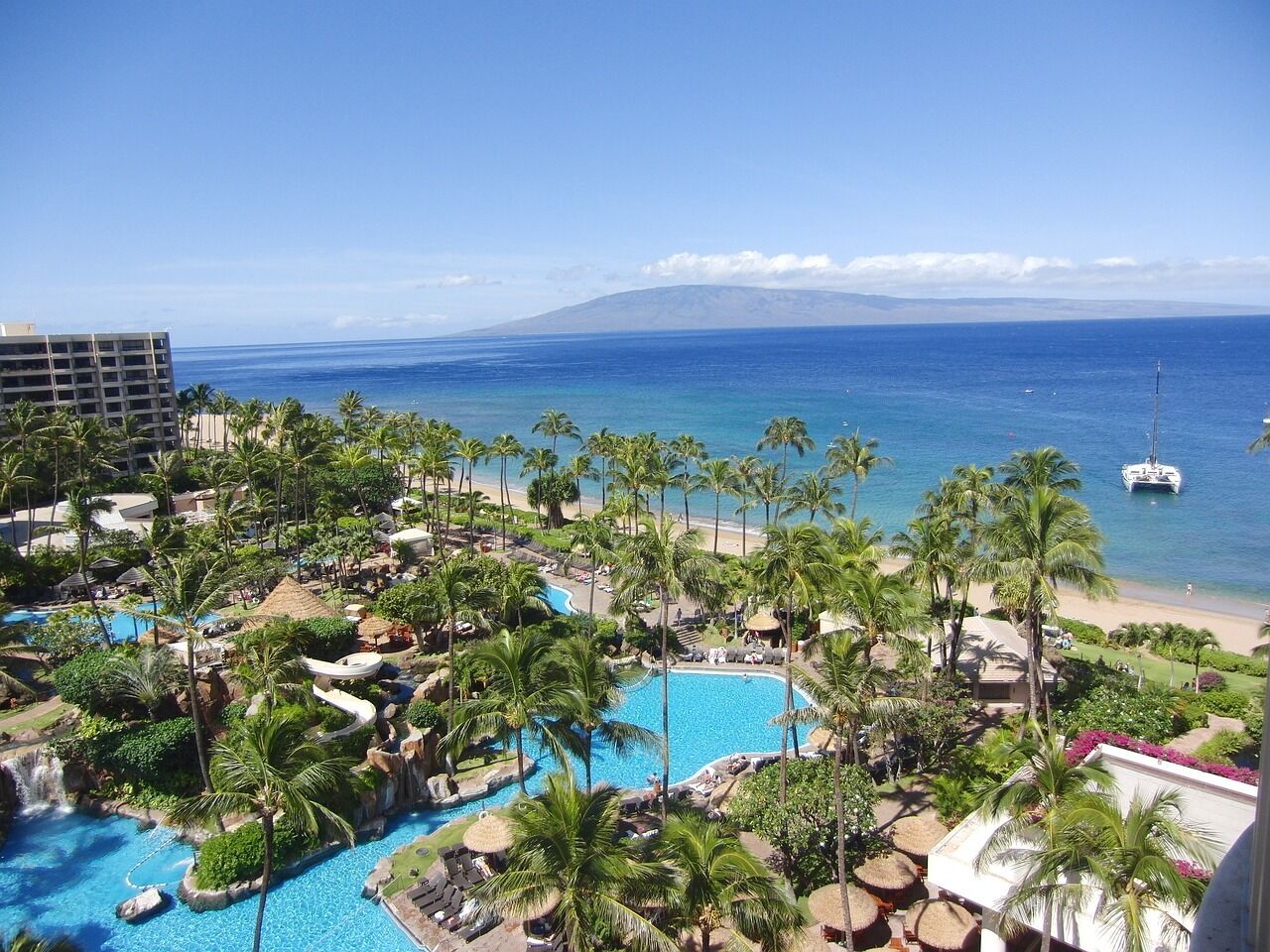
Follow government orders for places to avoid
The fire-affected areas of Lahaina are still closed to the public, and some accommodations are reserved for internally displaced persons. But after a three-stage recovery process, most of Maui is open for business.
Nevertheless, the Hawaii Tourism Authority asks travelers to "check with individual accommodations, activities, and businesses on West Maui for availability and hours of operation. And be sure to pay attention to any local signs and police instructions regarding restricted areas. And be respectful of residents by not taking photos of restricted areas.
You can also support Maui businesses by purchasing their products online. Rudy Balala, general manager of Maui Gold Pineapple Company, emphasized: "We were saved by an increase in online sales to direct consumers after the wildfire. We lost 40% of our business on the west side after the fires."
You can also donate to various Maui Nui Strong organizations. For example, Trilogy Maui fire fund, Global Empowerment Mission Maui wildfire fund, Hua Momona Foundation Maui relief and Hawaii Community, Strong Maui Foundation.
All of the Hawaiian Islands are one big "ohana" (family), and in normal times, many tourists travel to several islands. Creating environmental and economic resilience is a collective effort that extends beyond Maui, so if your schedule allows, we recommend booking a few days on Oahu, Kauai, Lanai, or the big island.


